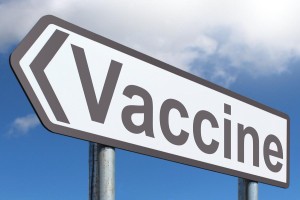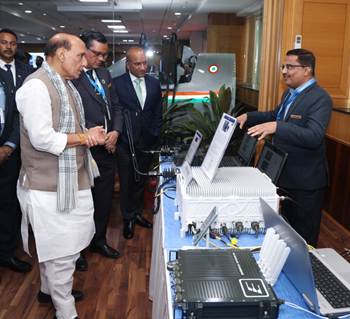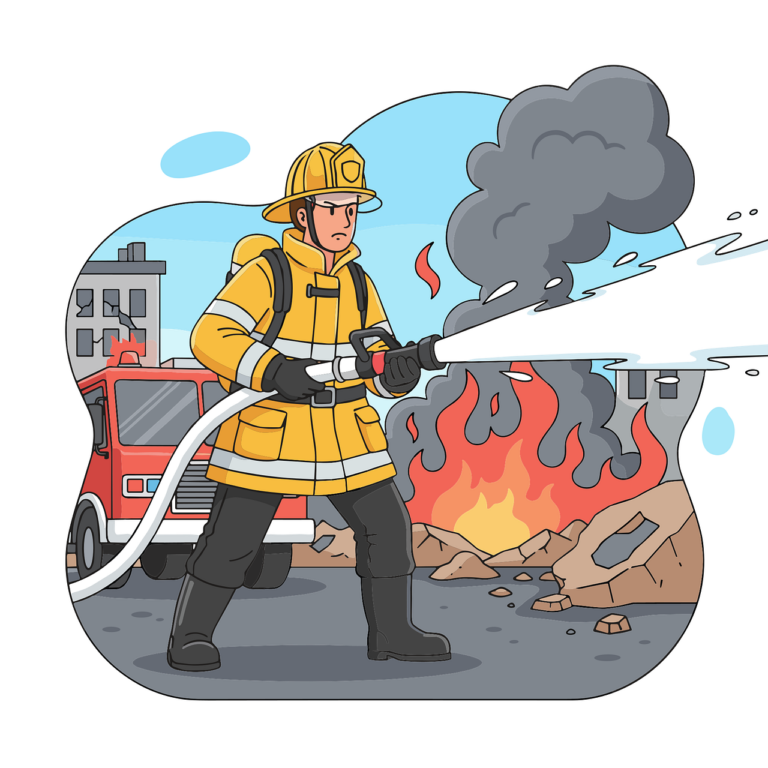
London: Following two reports of anaphylaxis (an acute allergic reaction to an antigen to which the body has become hypersensitive) and one report of “possible” allergic reaction to immunisation on December 9, the British government has issued updated guidance to vaccination centres on managing allergic reactions following COVID-19 vaccination with Pfizer/BioNTech vaccine.
On December 8, Britain became the first country to to start distributing a Covid-19 vaccine to its population, and grant emergency-use authorisation to a vaccine from drug firms Pfizer and BioNTech, just seven months after the start of clinical trials.
“Any person with a history of anaphylaxis to a vaccine, medicine or food should not receive the Pfizer/BioNTech vaccine. A second dose should not be given to anyone who has experienced anaphylaxis following administration of the first dose of this vaccine,” Dr June Raine, Chief Executive of the Medicines and Healthcare products Regulatory Agency (MHRA), said in a statement. She added: “Anaphylaxis is a known, although very rare, side effect with any vaccine. Most people will not get anaphylaxis and the benefits in protecting people against COVID-19 outweigh the risks. Anyone due to receive their vaccine should continue with their appointment and discuss any questions or medical history of serious allergies with the healthcare professional prior to getting the jab.”
An expert group of the Commission of Human Medicines (CHM) too met on December 9 (GMT), which was attended by experts in allergy and clinical immunology, to robustly review these reports to consider any possible mitigation on the rare risk of anaphylaxis.
“You can be completely confident that this vaccine has met the MHRA’s robust standards of safety, quality and effectiveness. The safety data has also been critically assessed by the government’s independent advisory body, the Commission on Human Medicines. No vaccine would be approved unless it meets these stringent standards – on that you can be sure,” Dr. Raine stated, adding that “We have in place a robust and proactive safety monitoring strategy for COVID-19 vaccines which allows for rapid, real-time safety monitoring at population level. The fact that these incidents were picked up and reviewed shows that to be the case.”
Dr. Raine, however, said that members of the public and healthcare professionals were encouraged to report suspected side effects through the Yellow Card scheme (which collects and monitors information on suspected safety concerns or incidents involving: medicines, medical devices, and e-cigarettes). “We supplement this form of safety monitoring with analysis of data on national vaccine usage and anonymised GP-based electronic healthcare records, linked to other healthcare data, to proactively monitor safety,” she said.
Following is the MHRA’s updated advice:
- Any person with a history of immediate-onset anaphylaxis to a vaccine, medicine or food should not receive the Pfizer/BioNTech vaccine. A second dose of the Pfizer/BioNTech vaccine should not be given to those who have experienced anaphylaxis to the first dose of Pfizer/BioNTech vaccination.
- Vaccine recipients should be monitored for 15 minutes after vaccination, with a longer observation period when indicated after clinical assessment.
- A protocol for the management of anaphylaxis and an anaphylaxis pack must always be available whenever the Pfizer/BioNTech vaccine is given. Immediate treatment should include early treatment with 0.5mg intramuscular adrenaline (0.5ml of 1:1000 or 1mg/ml adrenaline), with an early call for help and further IM adrenaline every 5 minutes. The health professionals overseeing the immunisation service must be trained to recognise an anaphylactic reaction and be familiar with techniques for resuscitation of a patient with anaphylaxis.
- The individuals concerned received prompt treatment and are recovering well.
- Like all medicines and vaccines, this vaccine can cause side effects. Most of these are mild and short-term, and not everyone gets them.
Meanwhile, in a press release of December 10, Pfizer and BioNTech claimed that the New England Journal of Medicine had published safety and final efficacy results from the pivotal Phase 3 trial of BNT162b2, their mRNA-based COVID-19 vaccine candidate. It stated that data from 43,448 participants, half of whom received BNT162b2 and half of whom received placebo, showed that the vaccine candidate was well tolerated and demonstrated 95% efficacy in preventing COVID-19 in those without prior infection 7 days or more after the second dose. It further stated that the vaccine efficacy observed in the overall study population was also generally consistent across subgroups defined by age, gender, race, ethnicity, baseline body mass index (BMI), or presence of other underlying co-morbidities.
According to the release, partial protection from the vaccine candidate appears to begin as early as 12 days after the first dose.
– globalbihari bureau





